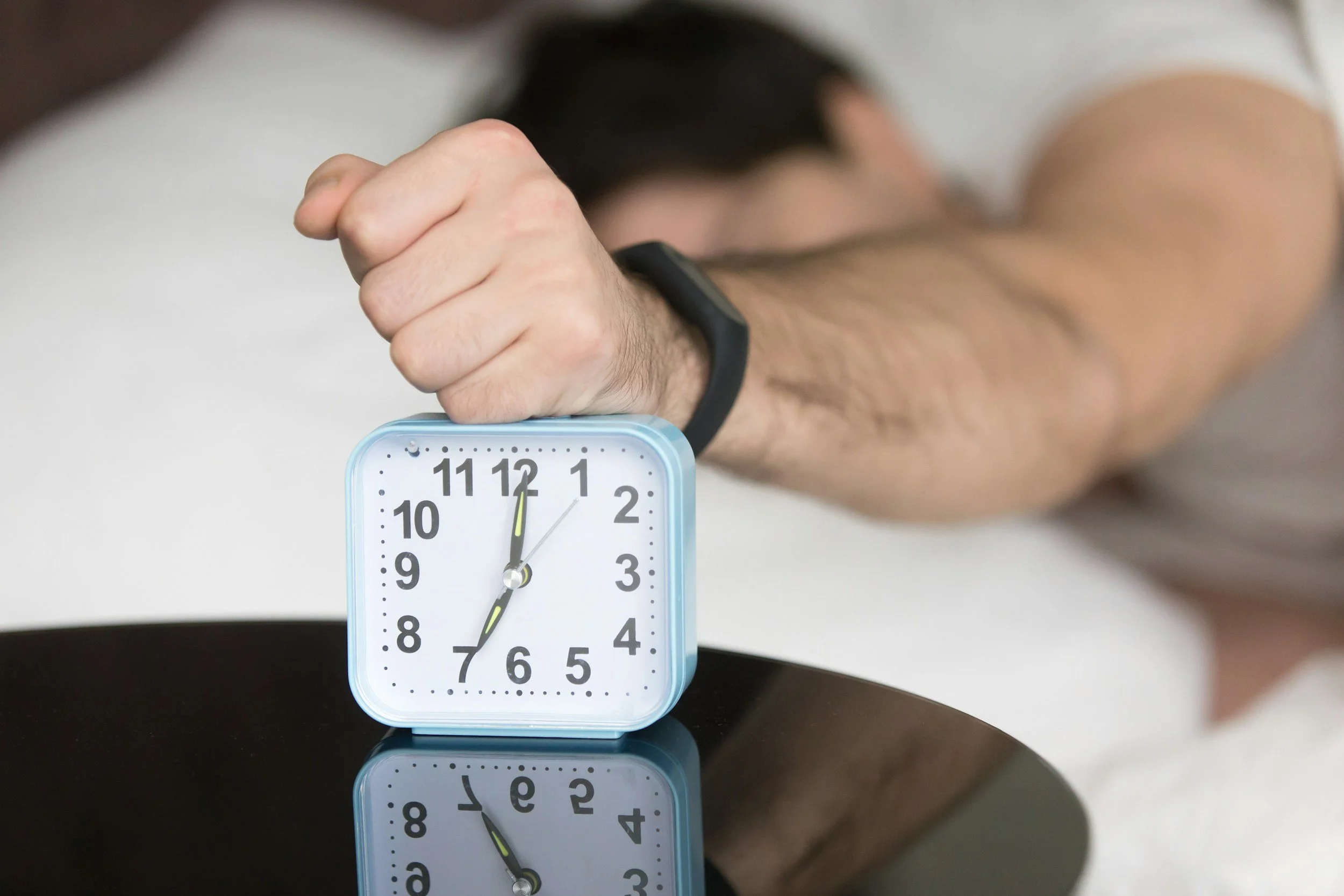
Living Well Blog
Information & Resources to Help You Improve Your Mental and Physical Health

Catastrophizing: How to Stop Your Brain From Jumping to the Worst-Case Scenario
Do you ever prepare for the worst and forget to hope for the best?
Maybe your boss sends a vague email—“Can we talk?”—and suddenly you’re convinced you’re getting fired. Or your doctor leaves a voicemail asking you to call about lab results, and within minutes your mind has spiraled into imagining a rare, incurable illness.
If this sounds familiar, you’re not alone. What you’re experiencing is a common thinking trap called catastrophizing—when your mind automatically jumps to the worst-case scenario and treats it like fact.

All-or-Nothing Thinking: How to Spot It and Step Into the Grey
Our brains love simplicity, but when life gets reduced to black-and-white thinking — success or failure, good or bad — it can take a serious toll on our emotional well-being. This is known as all-or-nothing thinking, and it often runs in the background unnoticed. In this blog, we’ll break down why it happens, how it affects your mood and health, and practical strategies to think in a more balanced way.

When Your Thoughts Get in the Way of Your Mental and Physical Well-Being — And How to Take Back Control
Making changes to support your physical and psychological health is often harder than we expect. Between life responsibilities, stress, and negative thinking patterns, it’s easy to feel stuck. Your own inner monologue can be one of the most persistent roadblocks — those automatic thoughts that quietly influence your mood, motivation, and daily habits. The good news is that you can learn to notice and challenge these thoughts so they stop getting in the way of your self-care.

Do You Need a Sleep Reset?
Back-to-school season, post-vacation jet lag, daylight saving time, or just struggling to fall asleep and wake up — so many things can throw off your sleep. If you’re feeling “off” and wondering how to reset your sleep schedule, the answer isn’t just going to bed earlier. The key is to work with your body’s natural rhythms, not against them.

Overcoming Common Barriers to Self-Care: A Practical Problem-Solving Framework
Making changes to support your physical and mental health can sometimes feel harder than expected. Even after overcoming ambivalence or low motivation, obstacles to self-care can still pop up — and they often require more than just willpower to move past. That’s where problem-solving skills come in. This blog explores common barriers to self-care and shares a simple, step-by-step problem-solving framework to help you work through challenges with confidence and compassion.

Get Unstuck: How to Overcome Ambivalence and Start Making Real Changes
Real self-care—the kind that supports your health and well-being—isn’t always easy. Sometimes, it’s doing the things you don’t feel like doing, even when you know they’re good for you. You already know these things can improve your health and quality of life. So why is it so hard to follow through? Learn how to connect with your “why” and boost your confidence to make lasting change.

How to Create a Realistic Self-Care Plan That Aligns With Your Values
We’ve talked before about how self-care isn’t all spa days and bubble baths. Real self-care is personal, purposeful, and aligned with what truly matters to you. What does self-care actually look like in your life? The answer will be different for everyone — and it should be. In this blog, I’ll walk you through how to build a realistic and meaningful self-care plan that’s grounded in your values and fits into your real life.

Why Knowing Your Values Changes Everything: A Guide to Living with Clarity and Meaning
Have you ever felt stuck, unmotivated, or off track — but couldn’t quite figure out why? Often, the root of that discomfort is disconnection from your values — the core principles that guide how you want to live your life. Reconnecting with what truly matters is a powerful form of self-care. When you use your values as a compass, you can build a life — and a self-care practice — that genuinely supports you.

Self-Care That Actually Works: Why One-Size-Fits-All Isn’t the Answer
Your self-care should be exactly that — care for yourself. Personalized. Aligned to what’s important to you. Grounded in your real life. Designing a self-care plan that reflects your needs, values, and reality is one of the most powerful things you can do for your mental health. Here’s a simple framework you can start using today.

Redefining Self-Care: Why It’s More Than Bubble Baths (and More Essential Than You Think)
“Self-care” is a term that gets thrown around a lot these days—often paired with images of bubble baths, candles, or a luxurious spa day. While those activities can be lovely and restorative, they’re just one very narrow slice of the bigger picture. Real self-care goes deeper. Self-care is how we begin to reclaim our health and peace of mind. It’s about becoming aware of how we are feeling and what we need to do to feel our best.


